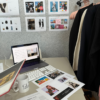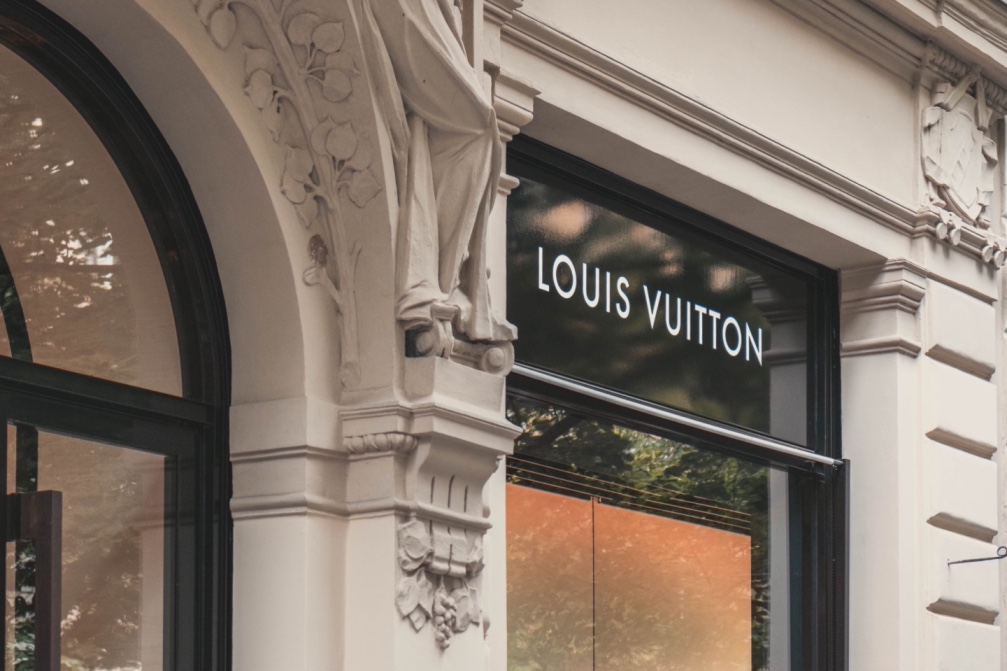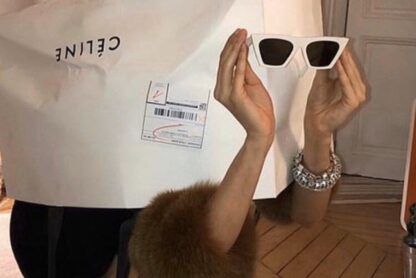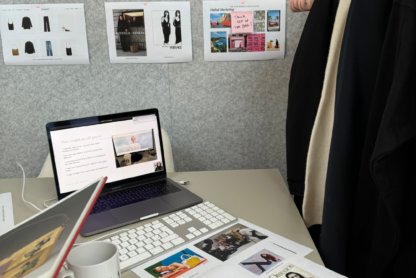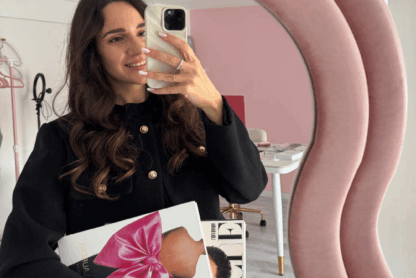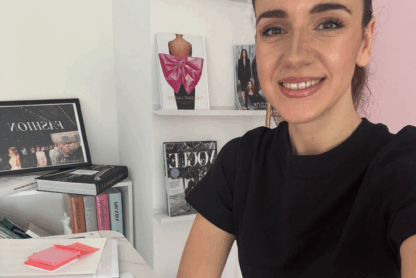Why You Need to Learn Microsoft Excel to Work in Fashion
I often get asked what skills you need to work in fashion.
There isn’t just one answer here because skills change with each position and company. However, there is one skill that is common among 90% of fashion jobs and internships: Microsoft Excel. Yes, you read that right.
Wait, what? Why?
When we think about the fashion industry we see fashion shows, clothes, shoes, magazines… So it’s hard to envision fashion workers doing anything that doesn’t include designing clothes, styling looks, writing fashion articles, and attending appointments and fashion events. You might be unlikely to imagine them seated at their desk working on their laptops just like any other employee from any other industry. But the reality is that those who work in fashion spend a lot of, the majority of their time, actually, on a laptop answering emails and planning and making analyses on Excel sheets.
So if you had no idea that Microsoft Excel is such an important skill in fashion and why, then first of all you are not alone. I didn’t consider it at all when 10 years ago I was at the beginning of my career in fashion. But my role as a fashion career mentor is to help you break and succeed in fashion and reveal the industry secrets so you can make it. So these are the 3 reasons why you need to learn Excel if you want to work in fashion. (Yes, even if you are just looking for an internship or assistant position.)
3 reasons why you need to learn Microsoft Excel to work in Fashion
1. Land the job/internship
If you have already tried to look for fashion jobs or internships and started reading some job descriptions to see what are the requirements, you might have noticed that the Microsoft Office package and in particular Excel is required in any fashion role including internships and assistant positions. You might have looked at this requirement as nice to have. Like if the Microsoft Office package is just a standard that any recruiter adds by default to any position but it’s not like that. Recruiters add Excel in the job descriptions of all internships and fashion jobs for a precise reason: everyone in fashion uses Excel.
Fashion professionals use Excel daily to do many things. You might associate Excel with analysis, math, and numbers but it’s also a tool used to make lists (fabrics, articles to post, people to invite to a fashion event, things to do…) and plan and organize many things including deliveries, fashion shows, shootings, etc..
Buyers, marketing managers, and CEOs use it to analyze sales and data to make their decisions.
If you want to get a role such as a buyer, merchandiser, brand manager, marketing manager… Excel is a must-to-know. Being in these analytical/business roles in the industry where you’ll have to make strategic decisions based on numbers, a tool such as Excel is the most used. But don’t worry, it doesn’t mean your job will be boring. In your spreadsheets, you’ll still work with bags, shoes, and clothing. Plus you’ll have fun analyzing which are the top-selling products. And it will be your job to understand why and make decisions around that. And you don’t need to be super good at math to get these jobs or use Excel either. Because actually, it’s Excel that does the math for you so you can focus on more fun things.
Excel is not only used by management/business roles of the industry, but it’s also used by stylists, designers, and editors to organize many things. Such as samples, fashion show guests, inventory, articles to post, build tech packs, and more.
Being so used in fashion, companies prefer hiring people who know how to use the program.
So Microsoft Excel needs to be on your resume if you want to stand out from the other candidates and catch the attention of fashion recruiters (and ATS Applicant tracking systems that might scan your resume to see if Excel is on it).
2. Pass the job interview tests
10 years ago, I broke into the fashion industry with an eCommerce internship at Alexander McQueen. And the application process was very interesting. I got invited to a first job interview that was a generic one. And then I was called for the second step of the job interview. I was told it was going to be very similar to the first one. But with other people from the team and a recruiter. But when I went there that morning, the recruiters put me in front of a laptop with an Excel sheet open in front of me with a database and they asked me to calculate a couple of things.
I heard of job interview tests but I thought that these were things reserved for people with experience. So it caught me off guard the morning of my second step of the job interview for my e-commerce internship at Alexander McQueen when the recruiter put me in front of a couple of Excel sheets for a test. As a fashion educator today with 7 years of experience at my back helping others land their dream job or internship in fashion, I know that testing interns or assistants on Excel is a common practice, especially when you get to interview with luxury fashion brands. Many of The students of my Fashion Academy who did interviews with LVMH, Dior, Tory Burch, Vogue Business, and many others were tested on Excel during the job interview.
Why do fashion companies do Excel tests during job interviews?
The top fashion and luxury companies have a big pool of candidates they can choose from. On average, 500 people apply for the same job or internship. So they don’t just hire someone because of a fancy fashion degree on their resume. In fact, they also hire people without a fashion degree because they look at other things when hiring. The two essential skills you need to have to break and thrive in the fashion industry are Excel + passion for this industry.
So if you are about to have a job interview with a fashion company, make sure you refresh your Excel formulas.
3. To be better at your job, be more productive, and make more money!
While it may seem intimidating at first, once you have mastered the basics of Microsoft Excel, (which is quite easy and fun in the end) it can make your life a lot easier and get through your work more efficiently.
When you are an intern, you’ll spend most of your days organizing things: from the agenda of your boss to samples in the magazine’s closet, or when working with a stylist on a fashion set, to articles published for the magazine, social media posts and captions, the sales of a store, the competitors…most of these things require Excel.
Organizing and managing data manually can be very time-consuming and confusing. Excel allows you to analyze large quantities of data in a matter of seconds. And also reduces many errors that you could make if you do everything by hand. Your boss might ask you to organize or analyze some data and if you think about doing it manually without using the program formulas you might really spend all day on your spreadsheet wasting precious time you could have saved to do more of the funny tasks (maybe you couldn’t go to the showroom appointment to take a look at the new collection because you didn’t finish your task?). Imagine instead impressing your boss with a beautiful and professional Excel sheet.
Your knowledge of Microsoft Excel can not only boost your employability but also your career prospects.
Advancing your career means better jobs, and more responsibilities but also more money! Salaries can vary from one employee to another depending on their skill set. Research shows how people with Excel skills make more than those who don’t know the program. According to an analysis of the labor market, applicants who know Microsoft Excel make $22.66 per hour on average compared to the $20.14 per hour of their peers who don’t know the program. That’s roughly an extra $20 per eight-hour workday and $100 per workweek.
Want to learn how to use Excel applied to the fashion industry? Download my free pdf guide on 7 Excel tasks fashion interns, aspiring buyers, marketers, merchandisers and e-commerce managers should learn.
